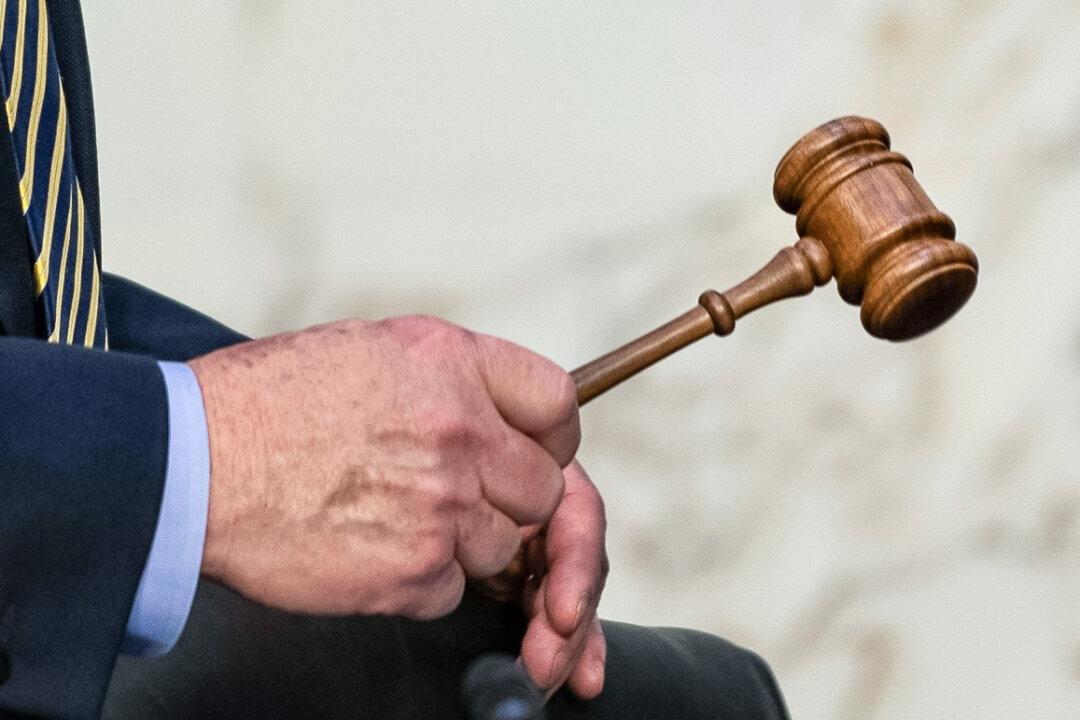Sex offenders cannot be made to put up signs at their residences suggesting trick-or-treaters not stop there, according to a new ruling.
A Missouri law that mandated sex offenders post a sign at their residences on Oct. 31 each year saying “No candy or treats at this residence” violates the U.S. Constitution’s First Amendment, U.S. District Judge John A. Ross stated on Oct. 2.





